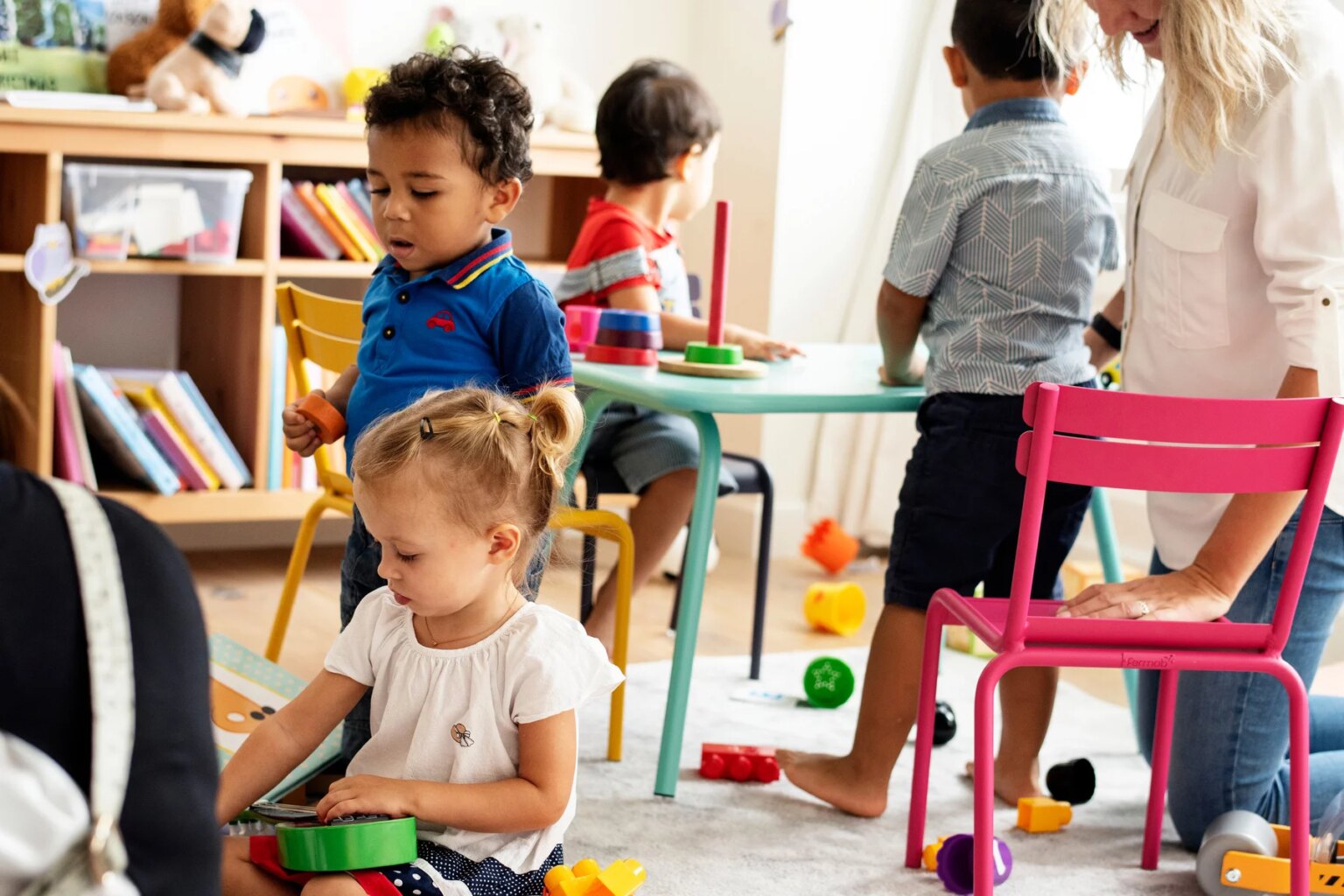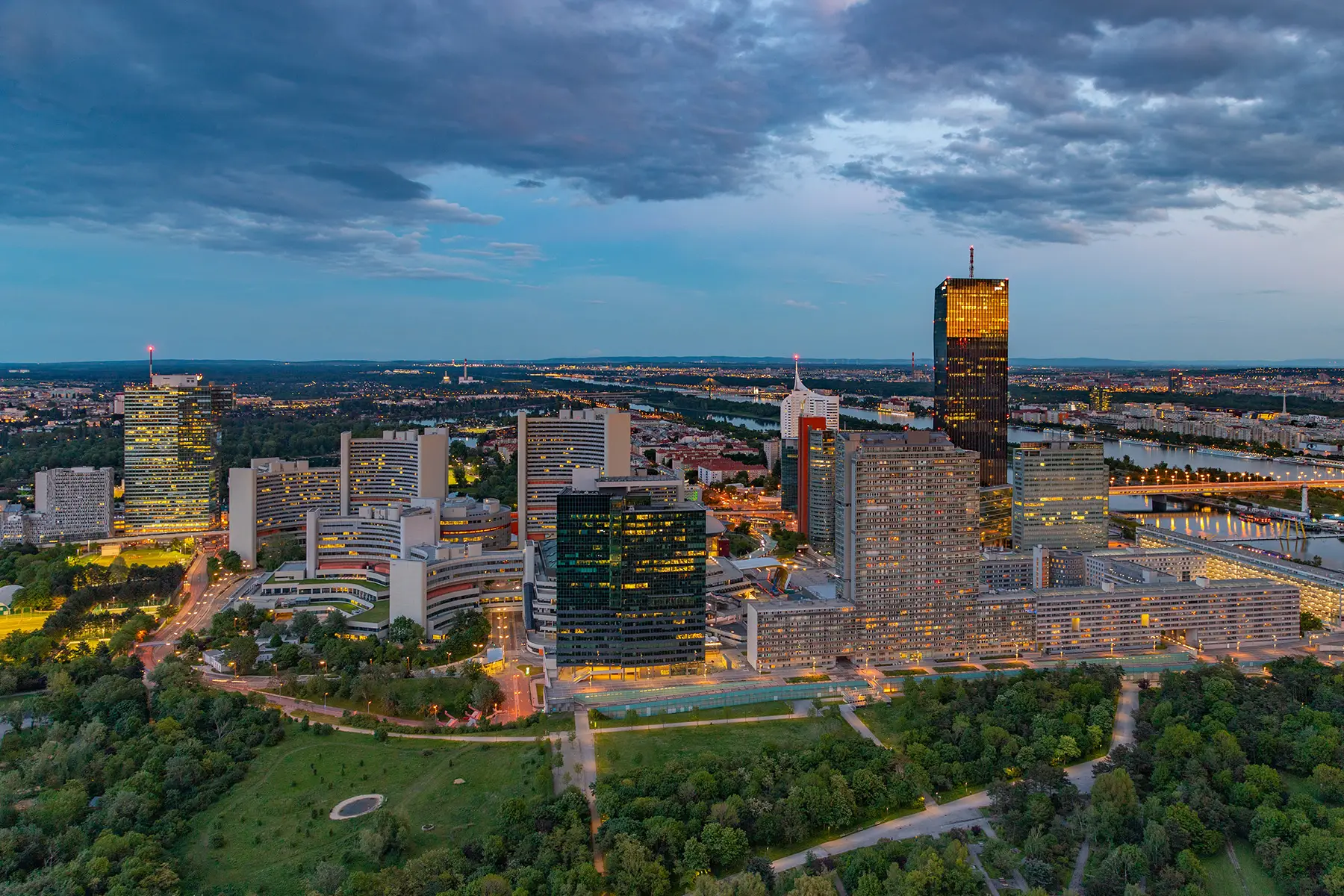Naturally, when you move to a new country, want to return to work, or have just had a baby, childcare will be on your mind. Luckily, daycare and preschools in Austria are plentiful. Additionally, you may want to consider hiring an au pair and applying for child benefits.
But, before you get to that, here is everything you need to know about childcare in Austria, including the following:
- Childcare in Austria
- Who can access childcare in Austria?
- Preschool and daycare in Austria
- Childminders in Austria
- Nannies in Austria
- Au pairs in Austria
- Babysitters in Austria
- Before- and after-school clubs
- School holiday childcare in Austria
- Childcare costs in Austria
- Child benefits and childcare allowance in Austria
- Children’s healthcare in Austria
- Becoming a childminder in Austria
- Useful resources
Childcare in Austria
Fortunately, there is a high standard of childcare available for your little ones in Austria, ranging from preschool to after-school daycares, crèches, nannies, and childminders. These include public and private institutions (with subsidies) and personal arrangements. Typically, public childcare in Austria includes supervised playtime along with learning and meals.
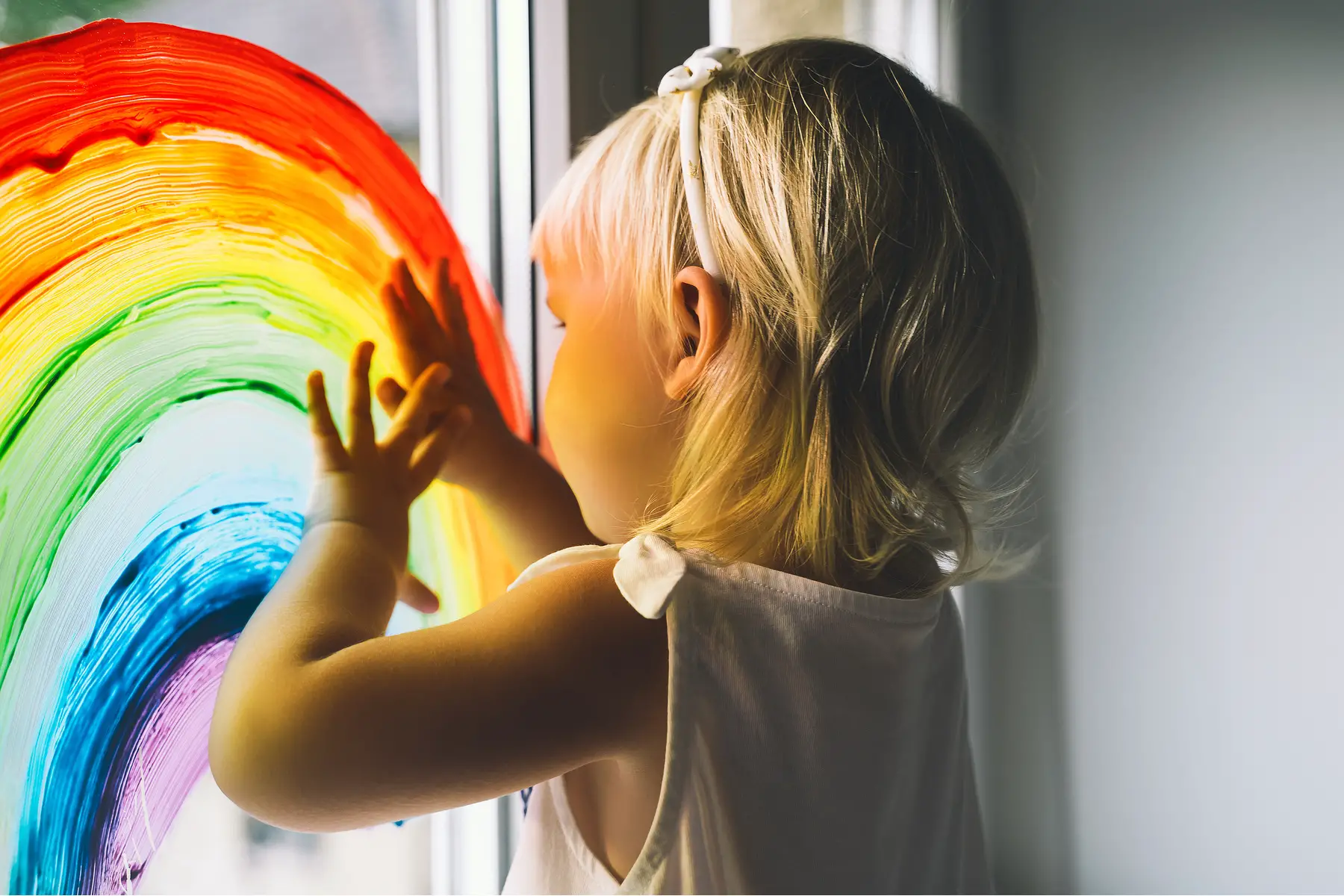
Currently, the financing of childcare facilities is primarily the responsibility of the provinces and municipalities. Remarkably, the Austrian government contributed €442 million towards the expansion of childcare services from 2008 to 2018. Additionally, the regional governments put an extra €252 million towards childcare, thus creating over 76,000 places for children aged six and below. Children aged five and above can be enrolled in kindergarten for free through their local council.
Most Austrian residents will receive a childcare allowance to assist with the cost of childcare. Flexible working arrangements, including the right to work part-time, are a feature in Austria, and maternity leave is generous.
Who can access childcare in Austria?
Austria operates a universal childcare program. Subsequently, this means that it is open to all preschool-age children. The registration for a place in a public daycare facility is done at the responsible Gemeindeamt (municipal office) or at the Magistrat (Magistrate). Occasionally, however, this can be done at the daycare center itself. Vaccinations in Austria are voluntary. Therefore, your child does not need to present any certificates upon enrollment.
Preschool and daycare in Austria
Generally, kindergartens in Austria are either public (state) run or privately run. Below is a breakdown of the various options for kindergartens.
Öffentlich (state) kindergartens
Typically, state kindergartens have 24 children for each trained teacher and one teaching assistant. They are for children aged three to six, who have not started school yet, and have mixed-age groups. They also organize outings, cultural events, and sports activities. Vienna Family Network provides helpful information about the long hours these kindergartens stay open; some of which are from 07:00 to 18:00.
You can apply online for a place, however, this is only in German. Alternatively, you can download the form and send it to your local MA10 office. These offices will also help you with queries about kindergartens. For a listing of all the kindergartens by district, check out this handy site.
Private kindergartens
At a private kindergarten, you’ll be able to find languages other than German. Additionally, private kindergartens will cater to the 3-6 age range but many will also accept younger children too. Often the ratio of child to caregiver is much lower at private kindergartens. Also, they will offer more flexibility and a full roster of activities.
Betriebskindergarten
Usually, these are provided by big companies for their own employees. However, they are independently run and will also allow for non-company children when space permits. You can find a full listing of all the company-run kindergartens on Die Kinderfreunde. The government website also provides a full listing of public and private kindergartens that deal with all ages.
International childcare in Austria
In general, if you are looking for an English-speaking daycare or a more multicultural experience, there are options. These include the International Daycare Center, Vienna English Preschool, and the Children’s House International Montessori.
Childminders in Austria
If you are looking for a Tagesmutter (childminder), Krabbelstube/Krippe (nursery), or a Leih-Oma (rent-a-granny), there is one central search site you can use. You just need to enter the start date, the age of your child, and your district along with any other specific search criteria. This includes things like, Halal nutrition, English-speaking, and more. The database will then send you options for every budget that you can investigate.
Nannies in Austria
Usually, in Austria, a nanny is a childcare professional who will come to work in your house. Typically, they will have a contract with set hours and a routine set in an agreement with the employer in advance. In Austria, a nanny will have certain employment rights such as the right to paid maternity leave. Ordinarily, a nanny will have OFSTED registration.
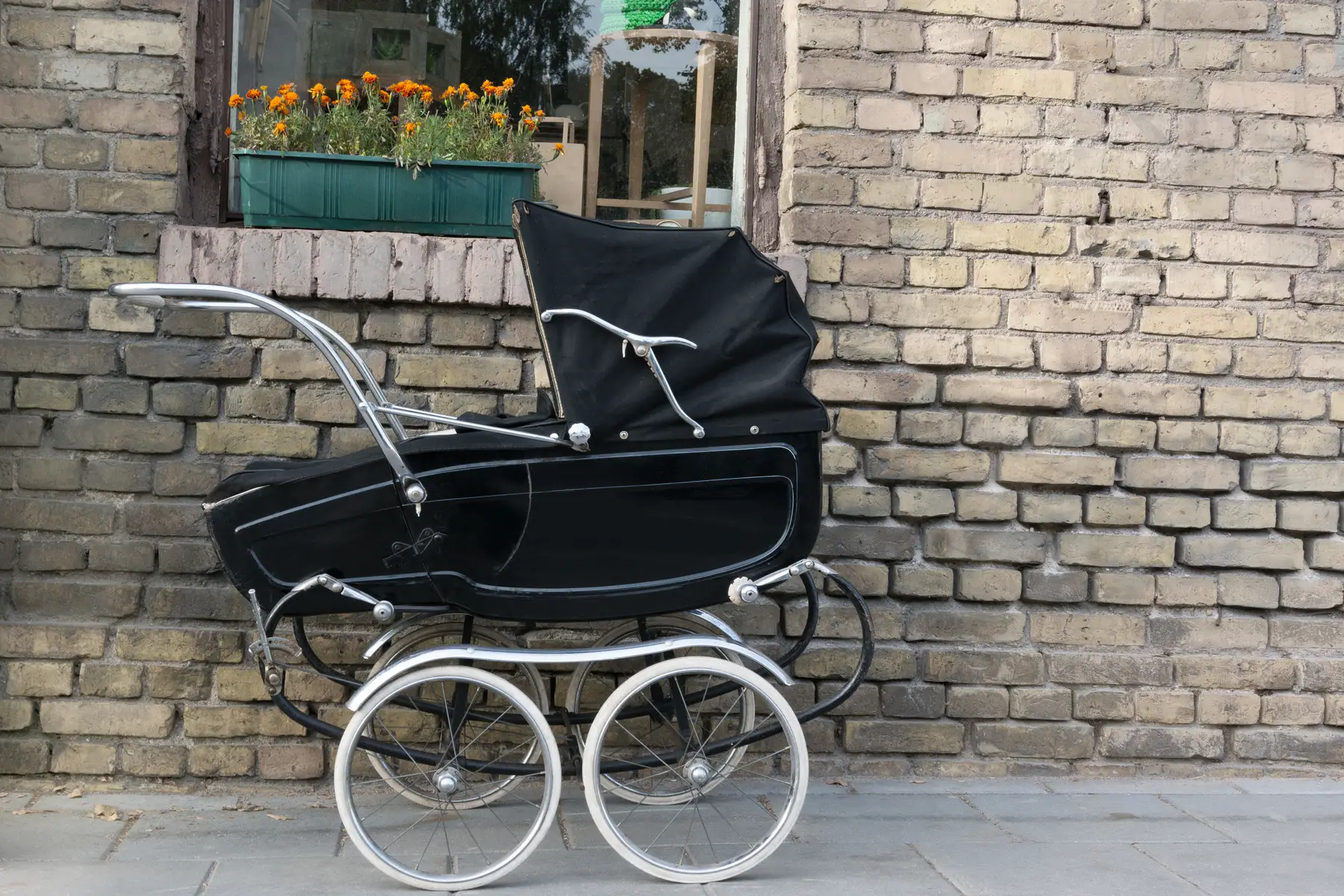
Parents in Austria can access a generous universal child benefit to assist with the cost of a nanny. You can find nannies in Austria at Au Pair Quest and Great British Nannies.
Au pairs in Austria
Typically, au pairs are young foreigners (often students) who will live with you and provide babysitting and light housework services. Generally, au pairs are hoping to learn German or get to know Austrian culture while earning a living. Beneficially, foreign au pairs from third countries are exempt from the Ausländerbeschäftigungsgesetz (alien employment law). However, you must register their employment at your local Arbeitsmarktservice (job service center) two weeks before their start date.
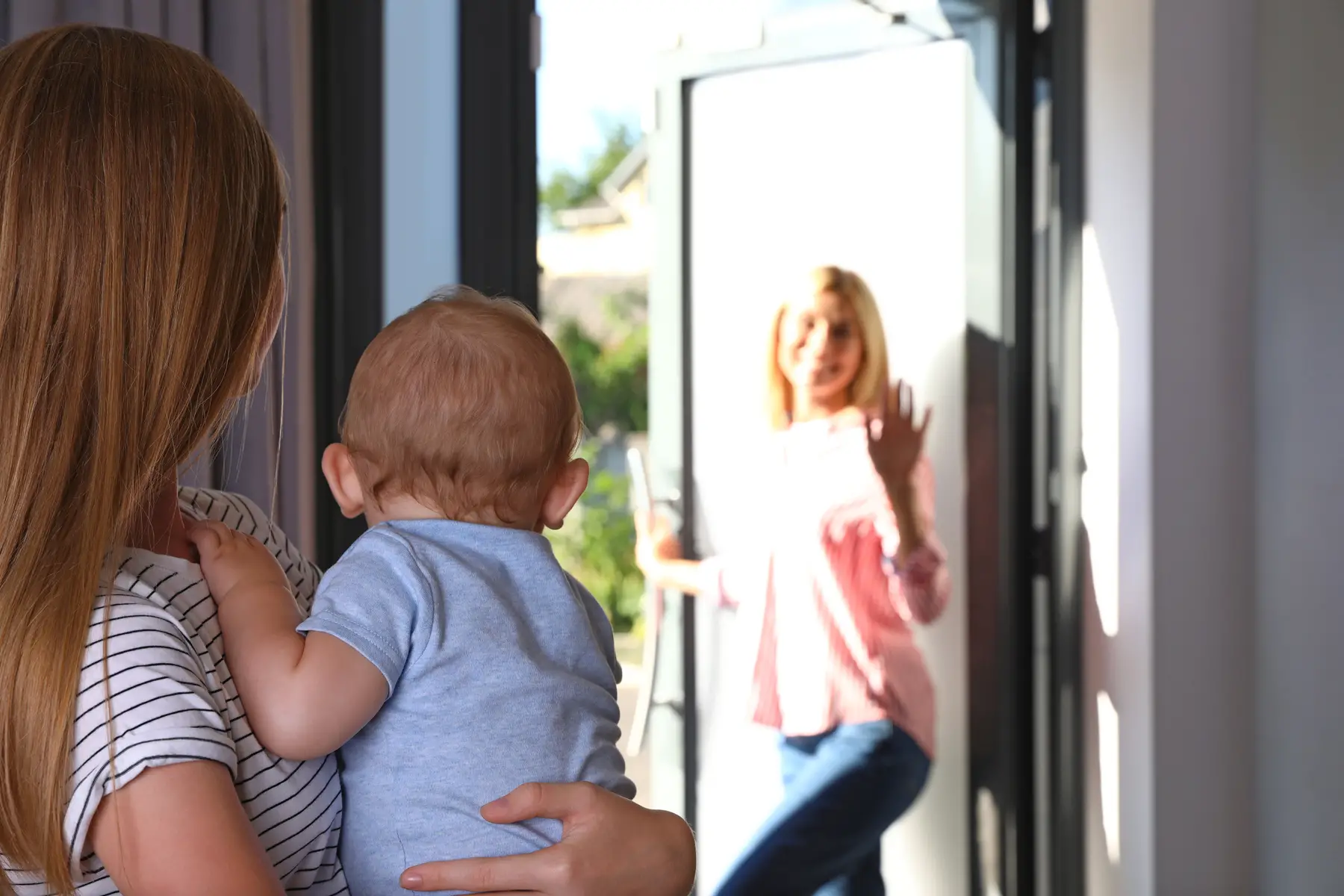
Specifically, an au pair must be between the age of 18 and 28. Additionally, he or she must not have worked as an au pair in Austria for longer than a year within the previous five years. Additionally, the au pair must already have minimal knowledge of German. Generally, they will get approval for six months at a time and usually not longer than a year.
As of January 2020, the wage of an au pair must be at least €460.66. This is for 18 weekly working hours including childcare and household help. You must also apply for legal social insurance (ASVG) for your au pair.
Notably, there are several online au pair agencies including:
Babysitters in Austria
If you require temporary childcare services on occasion, babysitters are another option. Specifically, in Austria, they have something they call a (grandma-for-hire) service which costs around €11 per hour.
There are several websites where you can find a babysitter so you can get out and hit the town. These include:
Before- and after-school clubs
In Austria, Hort (after-school care) is sometimes necessary as many Austrian schools run on a schedule that ends at 14:00. Often, parents will not always be able to get away from work this early. Therefore, Hort options come into play. These options range from region to region and the cost depends on your level of income. You can find information about before- and after-school care services at the respective Landesschulrat (National School Council).
There are also parent-managed groups you can look into. Typically, these cater to up to 15 children. However, you will be expected to contribute to a rotating scheme of duties. Known as Wiener Kinderkollektiv, parental contributions range between €50 and €170 per month. On average, the opening times equal 40 hours per week. You might be lucky enough to find one in your local area, however, they are not typically open during school holidays.
School holiday childcare in Austria
In Austria, children aged three and under usually go to a crèche. Parents need to pay for these but the fees vary depending on income and the individual nursery. Additionally, some big Austrian companies provide daycare for their employee’s children which can be particularly useful during the school holidays.

Therefore, make sure you look into whether your employer provides this service. Otherwise, hiring short-term au pairs, babysitters, grandmas-for-hire, or taking annual leave are your best bets. Alternatively, you can check out some of the best summer camps in Austria and sign your kids up for some fun.
Childcare costs in Austria
Amazingly, the average Austrian family spends very little on childcare; especially when compared to the United Kingdom. For instance, parents in the UK spend 33.8% of their income on childcare, whereas Austrian couples spend less than 4% due to government benefits and programs.
Since 2009, part-time daycare is free for under-fives throughout Austria. In 2010, preschool education became compulsory and childcare is free of charge for the following age groups in the different provinces:
- Vienna – all-day care is free of charge for children up to six
- Burgenland – parents’ fees are repaid up to €45 per month (for nursery school) or up to €90 (for crèches)
- Carinthia – 66% subsidy for children up to six
- Lower and Upper Austria – part-time daycare is free for children aged between two-and-a-half and six
- Tyrol – part-time daycare is free for children aged between four and six
Child benefits and childcare allowance in Austria
In addition to all the support previously mentioned, Austria also provides generous child benefits. This includes Familienbeihilfe (family allowance), which lasts up until the child turns 24.
You can use this online calculator for family allowance (in German). There is also a family bonus tax deduction, which is €1,500 per year (or €125 per month) until your child turns 18. However, after that you will still receive €500 per year if you continue to receive a family allowance for your child.
In addition, there is a multiple-child bonus of €20 per month if you have a third child and then for each child after that. Finally, you may be able to claim single-earners or single-parents tax allowance. You can claim this via the annual tax declaration or via the employer (payroll).
Children’s healthcare in Austria
In Austria, pediatric care starts with General Physicians and General Pediatricians. Typically, once you sign up with a GP, they are your first port of call for any illness or general checkups. Then, they will refer you to a specialist doctor if need be. Remarkably, nearly everyone in Austria has access to medical care and you will receive your European Health Insurance Card (EHIC) when you move there.
This is all you need, along with your ID, for any medical appointments. Your children and spouse will automatically enroll with you under your insurance scheme.
Becoming a childminder in Austria
If you are good with children and want to make it a career, you will first need a License for registered childminders. You must be of legal age and you must have no previous convictions for actions that could threaten the welfare of daycare children. You must also have no physical or mental illness or intellectual disability or addiction.
In addition, you must have appropriate living conditions and not live in the same household as anyone with the impediments mentioned above. When registering, you will need to produce a police clearance certificate (in German) for everyone in your household. If you don’t already have one, you will need to apply from the Federal Police Directorate in Vienna and fill in a declaration of consent to a criminal background check by all adult household members.

Registered childminders can look after up to five children at any one time. This includes their own children under the age of 12. Registered childminders must also prove that they have done a training course (in German) before starting work.
You will need to submit a daycare concept (in German) as well as proof of your right to use the premises; for example, your lease agreement. You will also need to submit the birth certificates for everyone in your household as well as citizenship, marriage certificates, or divorce decrees. Furthermore, you will need to submit a detailed CV with a photo (in German) and a medical certificate for all adult household members (in German). There is no charge for the application.
Useful resources
- Stadt Wien – provides all the details of registered childminders
- Kinderdrehscheibe – a resource for training or finding childminders and nurseries
- Vienna Family Network – provides information on all things family related in Vienna
